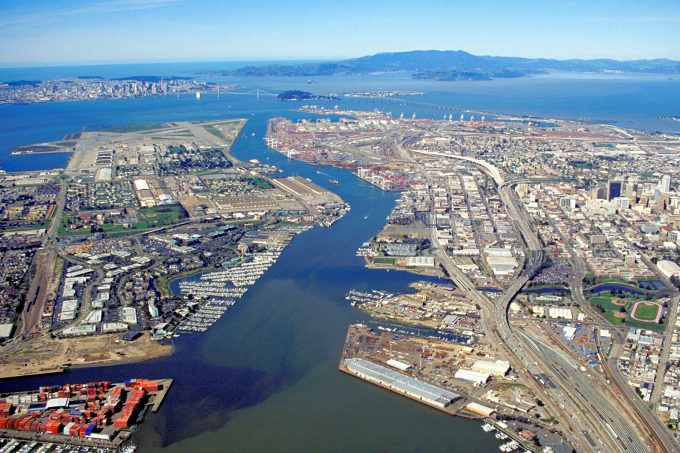Statement from President Joe Biden on the negotiations between USMX and the International Longshoremen’s Association
PRESS RELEASE THE WHITE HOUSE October 01, 2024 Collective bargaining is the best way for workers to get ...

President Joe Biden signed the Ocean Shipping Reform Act (OSRA) 2022 into law yesterday to praise from shippers and opprobrium from shipping lines.
The White House announced that Mr Biden’s signature meant the Federal Maritime Commission (FMC) could issue new rules “related to certain fee assessments, prohibited practices”.
In addition, OSRA will establish a shipping registry while also authorising the FMC, in certain circumstances, to issue emergency orders that require shipping lines to share information with other stakeholders including shippers, railways and ...
US tariffs and trade war will result in 'Covid-like' shortages and layoffs
Ecommerce air traffic to US set to grind to a halt as de minimis exemption ends
Where will the freighters go as capacity shifts from tariff-hit China-US lane?
Apple logistics chief Gal Dayan quits to join forwarding group
Congestion and rising costs at Europe's box ports to last into summer
Widespread blanked sailings stave off major collapse of transpacific rates
Transpac rates hold firm as capacity is diverted to Asia-Europe lanes
End of de minimis will bring turbulence for airfreight shippers and forwarders
Airlines slash freighter capacity post-de minimis, but 'the worst is yet to come'
Maersk u-turn as port congestion increases across Northern Europe
MSC revamps east-west network as alliance strategies on blanking vary
Houthis tell Trump they will end attacks on Red Sea shipping
Gemini Cooperation carriers steam ahead of rivals in reliability stakes
India-Pakistan 'tit-for-tat' cargo ban sparks sudden supply chain shocks
Tariff on imported products for drugs would be hard for US pharma to swallow
Atlas Air stays bullish on US change: 'we're flexible, we can fly to other markets'


Comment on this article